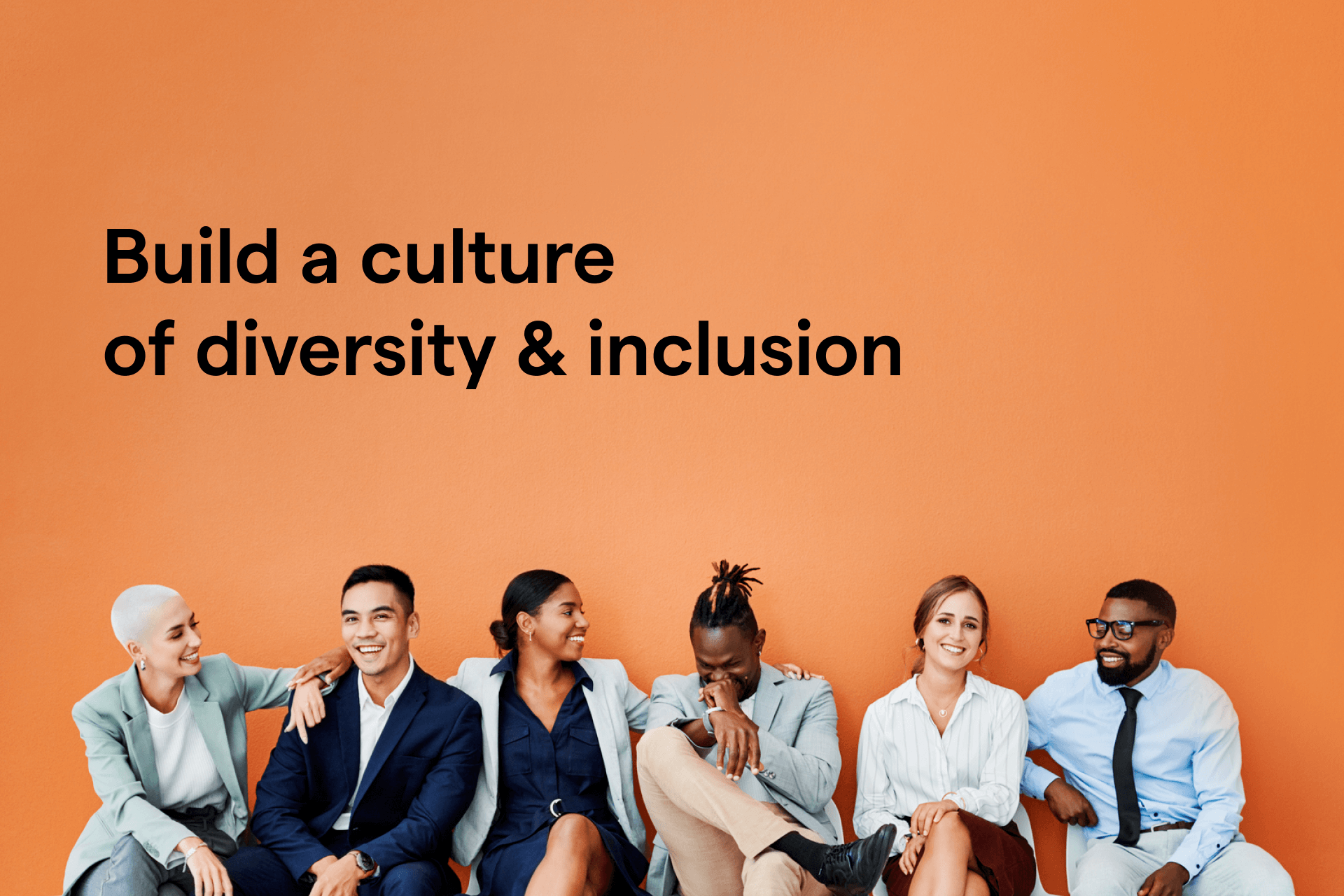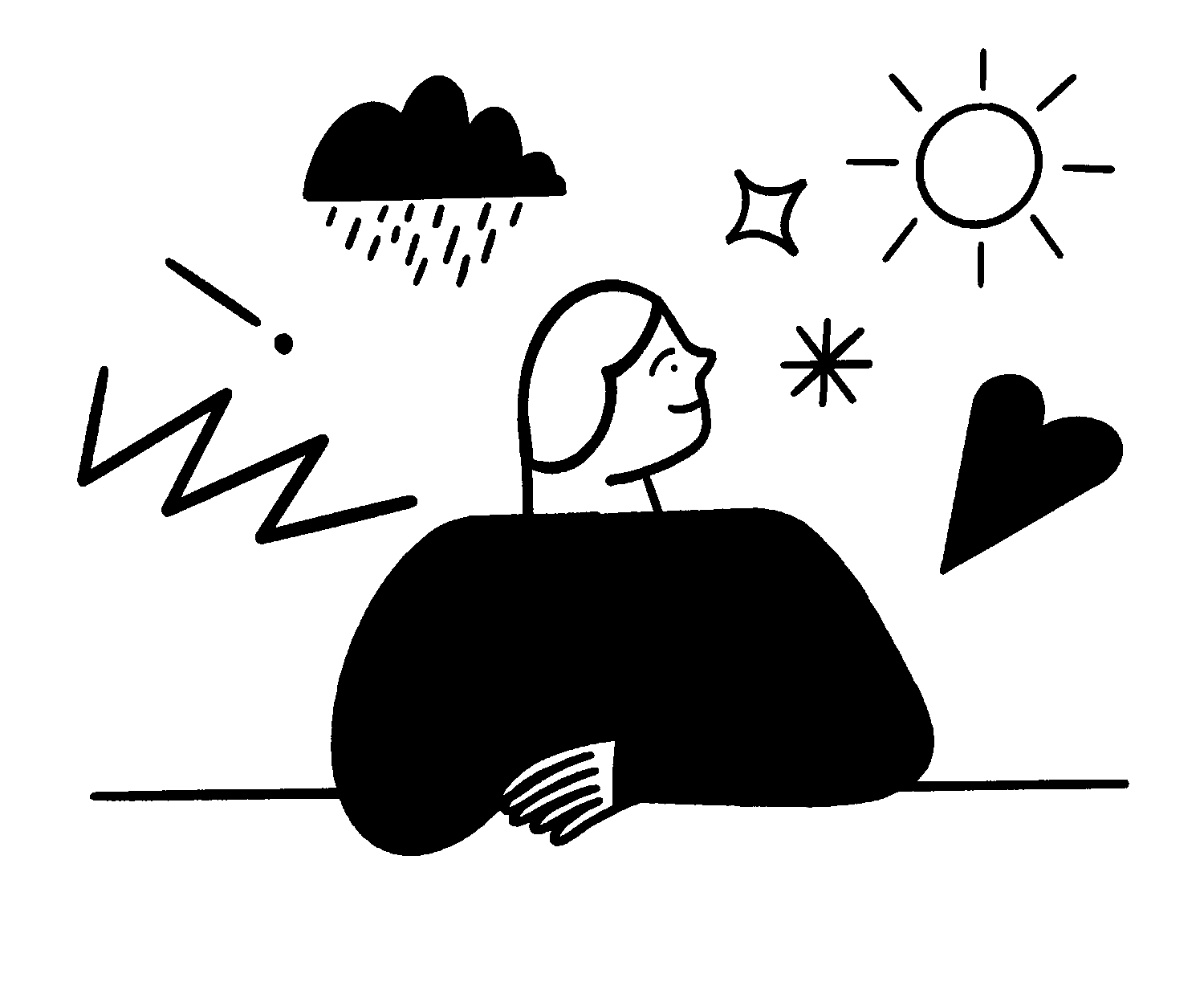
Individual
A self-facilitated program to boost your mental fitness for personal and professional growth
This website will offer limited functionality in this browser. We only support the recent versions of major browsers like Chrome, Firefox, Safari, and Edge.

Select the experience that fits your needs

A self-facilitated program to boost your mental fitness for personal and professional growth

A self-facilitated mental fitness program with exclusive pricing for 2 to 25 individuals

Explore coach-led mental fitness programs with workshops tailored to your organization
Mental Fitness

Diversity, equity, inclusion, and accessibility (DEIA) programs have become increasingly important for businesses and organizations in recent years. Not only do these programs promote fairness and equality in the workplace, but they also lead to increased productivity and innovation. However, simply implementing DEIA initiatives is not enough. It is equally important to shift the mindset of employees to truly embrace diversity and inclusivity. By doing so, organizations can create a culture that values all employees and encourages collaboration and open communication.
Many organizations discover that despite implementing DEIA programs, practices, and policies, they don’t see the results they were hoping to achieve. To find true success in DEIA efforts, organizations must address both organizational and individual biases—many of which are unconscious. These biases unwittingly sabotage DEIA initiatives and limit their effectiveness. Organizations that address both DEIA mechanics and DEIA mindset will see the maximum impact of their efforts.
DEIA mechanics are tangible and measurable initiatives, programs, and policies. Some of the most frequently-instituted DEIA mechanics include:
Conversely, DEIA mindset is what lives inside each employee. It is relatively invisible, difficult to measure, and frequently unconscious to the person. DEIA mindset is shaped by each employee’s perspectives, beliefs, and biases, and it is influenced by whether they see themselves as belonging to an advantaged or a disadvantaged group. These perspectives and unconscious biases shape both individual and group behaviors, performance, and wellness. If left unchecked, they can sabotage the effectiveness of even the most well-intended DEIA mechanics.
Unconscious bias can be difficult to identify, but it is important to do so in order to create a more inclusive workplace.
Many different characteristics, including race, ethnicity, sexual orientation, gender identity, socioeconomic status, physical ability, and age, impact a person or a group’s experiences and perspectives. Negative biases may surface when a person or group is sabotaged by perceived undercurrents of mistreatment.
Unconscious bias changes behavior and often leads to adverse reactions rather than thoughtful responses. “When leaders and teams approach their work and their teammates with a negative bias, performance, relationships, and wellness suffer,” says Shirzad Chamine, Founder and CEO of Positive Intelligence.
One way to identify unconscious bias is to examine patterns in decision-making. For example, are certain groups of employees consistently being passed over for promotions or not given the same opportunities as others? Another way is to pay attention to the language used in the workplace. Are certain words or phrases being used that may be excluding or offensive to certain groups? Additionally, conducting surveys or focus groups with employees can help uncover any biases that may be present.
The key is to become aware of the personal and collective biases that color our perceptions, and then take action to intercept them before they sabotage performance and relationships.
Stress, deadlines, unwelcomed feedback, and unconscious bias can trigger negative reactions in an instant. If left unchecked, negative reactions can increase conflict, decrease productivity, and damage relationships.
“Anytime we experience a negative emotion or thought for longer than a second, it is as if we are leaving our hand on a hot stove. Until we learn to stop that thought and shift to a positive mindset, our performance, relationships, and wellness suffer,” says Chamine.
Leaders and employees who learn to recognize their negative thought patterns, and learn to shift their mindset to a more positive one, create a solid foundation for lasting DEIA success. Keep an eye out for these seven pitfalls that can sabotage your organization’s DEIA mindset.
1. Unconscious bias. Employees’ experiences shape their perceptions and act as the personal lens through which they operate. Unfortunately, this makes each person susceptible to unconscious biases that impact their view of the world around them. Employees must uncover these biases in order to effectively intercept negative thought patterns and shift to a positive, growth-oriented mindset.
2. Shame and guilt. Shame and guilt can spread fear and encourage negative thoughts and actions. Conversely, being open to moving forward from the past—with a focus on improving DEIA efforts today—opens the door to improvement and growth.
3. Judgment and resentment. Changes in the workplace can spur judgment or resentment that prevents progress. To find mutual understanding and common ground, it’s important to encourage regular communication and discussion about DEIA.
4. Over-attribution. This happens when one-dimensional stereotypes prevent teams from forming rich, multi-dimensional, and authentic relationships. To fully benefit from the unique gifts and perspectives each team member brings to the table, organizations must focus on building mutual understanding and trust.
5. Internalized judgment. This harsh, often hostile inner voice limits employees’ beliefs about their contributions and abilities. At work, the internal judge triggers negative emotions and sabotages both individual and team performance and relationships.
6. Isolating identity. Employees who identify as part of a disadvantaged group may pull away from people and projects at work. The isolation further sabotages their ability to see their contributions or their commonality, and this builds obstacles to successful DEIA implementation.
7. Misuse of status and power. Employees are often less receptive to an authoritative leadership style that dictates DEIA implementation and mindset. When leaders exemplify a positive DEIA mindset, employees are more willing to be open and vulnerable in order to make lasting changes.
It takes time and effort to cultivate a positive DEIA mindset. From top leadership to individual contributors, every team member plays a role in fostering an environment where DEIA initiatives can flourish. With the right approach, developing a collective positive mindset opens the door to success and opportunities for everyone. Here are five proven strategies for cultivating and nurturing a positive DEIA mindset in an organization:
1. Be brave. Implementing DEIA initiatives—or any social change—can lead to resistance from some individuals. Be brave enough to face this head-on with an open, growth-oriented mindset.
2. Seek mutual understanding. If an employee needs encouragement to embrace DEIA initiatives, be willing to explore the reasoning behind their position. Collaboration is key to uncovering negative biases and developing a growth mindset as a team. This can help facilitate positive conversations about why DEIA initiatives are important.
3. Empower people to act. Cultivating a DEIA culture can feel overwhelming. To help with this, provide tools (fact sheets, posters, or emails) outlining how team members can participate in creating an inclusive environment. Encourage teams to develop their own solutions and share them with others.
4. Open channels of communication. Allow all employees to share their personal experiences and perspectives. Leaders who listen build trust with their teams and help to diminish the fear of retribution or repercussions for speaking up. Over time, these conversations can open the door to new DEIA opportunities.
5. Commit the time and effort. Remember that change takes time. Not only will your team members need to practice empathy, but they will also need to be willing to continue investing their time and energy in ongoing DEIA efforts.
Mental fitness training can help organizations cultivate the positive mindset needed for DEIA success while avoiding the pitfalls that sabotage DEIA programs. Learning to intercept negative thought patterns and shift to a more positive mindset enables teams and individuals to be brave, seek mutual understanding, empower one another, communicate more effectively, and stay committed to DEIA improvement. Consider a mental fitness training program to set the stage for deep-rooted change and DEIA success.
